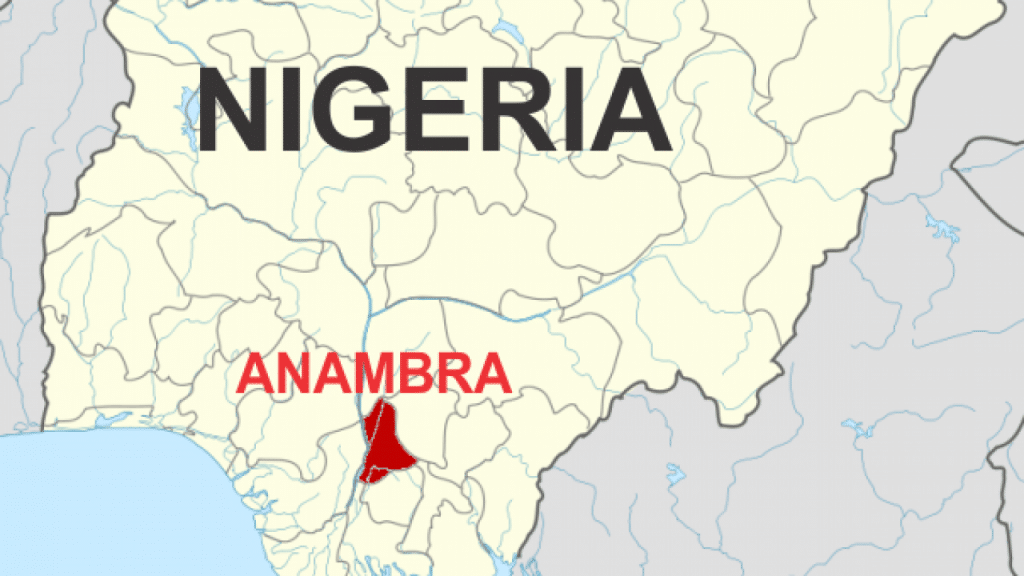By Osita Chidoka
In Part 2, I recounted how an unexpected redirection from the Finance Department to the Protocol Unit, under the mentorship of Sir Peter Aliu and the unwavering support of General Jeremiah Useni, led me to become the Secretary of the National Committee for Pope John Paul II’s visit to Nigeria. Despite initial resistance and challenges, General Useni’s belief in meritocracy ensured I retained this pivotal role, setting the stage for the following profound experiences.
A Dual Role: Personal Assistant and Secretary
Amidst the committee’s activities and my profile rising, there was a cabinet reshuffle. Prince Arthur Eze had two nominees in the cabinet (I had written about my career-changing meeting with Prince Arthur Eze and how my refusal to accept his cash gift made us friends). He sent for me a day before the swearing-in of the new Ministers and asked me to become the Personal Assistant to Chief EC Okete, the Minister of State Works and Housing. I was stunned. At that time, the Personal Assistant to a Minister was the most sought-after job in Abuja by mid-career civil servants and politically minded professionals, and here I was offered the job without lobbying.
I approached Sir Peter Aliu with my concerns about relinquishing my secretaryship of the Pope Committee. After a thorough discussion, he agreed to release me to Works and Housing while retaining my role as Secretary of the Pope Committee. Both Prince Arthur Eze and Chief Okeke concurred.
Thus, at 26, I simultaneously served as Personal Assistant to a Minister and Secretary of a pivotal national committee. How I juggled the two jobs is another story for another day.
Advocating for Obosi Road
During our committee work, we visited Oba in Anambra State, the site of Rev. Tansi’s beatification. Each time, I directed the convoy through Obosi Road, a bypass from Onitsha to Oba in dire need of repairs. On one occasion, I insisted on this route, asking the lead car to proceed slowly so the Minister could observe the road’s condition. General Useni requested a stop to assess the road.
The National Security Adviser, Alhaji Ismaila Gwarzo, announced, “This road is not called bypass; it is Obosi Road and Osita’s village.” Everyone laughed, and despite my embarrassment, General Useni directed the Military Administrator of Anambra State to award emergency repairs to the road.

The contract was awarded to Emeka Nwandu’s Gemex Contractors, who did a commendable job, as Obosi was notorious for its bad roads. I learned early about the importance of political access at all levels.
Delivering the PopeMobile
In preparation for the Holy Father’s visit, I took delivery of the PopeMobile from Apapa Port; the vehicle was sent to Nigeria under my name. I transported it via a C-130 military aircraft to Abuja, despite concerns about the aircraft’s reputation following the Ejigbo crash. To fit the PopeMobile into the aircraft, we released air from its tyres, a strategy I devised and employed throughout the visit, requiring a vulcaniser to reinflate the tyres after each landing.
An Unexpected Encounter at the Airport
On March 21, 1998, the Pope arrived in Abuja. At the airport reception, a shabbily dressed man, not on our list, entered the Presidential wing and asked for Major Mustapha, General Abacha’s Chief Security Officer. To my astonishment, Major Mustapha appeared immediately and stood at attention. The man requested a jacket and declared his intention to join the queue to greet the Pope. Major Mustapha ordered a bodyguard to give up his coat, which the man donned before proceeding to shake hands with General Abacha and the Pope, even kissing the Pope’s ring. Upon exiting, he returned the jacket and asked Major Mustapha to see him later.
The man was Colonel Frank Omenka, Director of Military Intelligence and one of General Abacha’s feared henchmen. We later became acquaintances during the Pope’s visit. Our conversations were disturbing and reminiscent of Dostoevsky’s Grand Inquisitor in The Brothers Karamazov. We engaged a few more times before he left for exile. I believe I was one of the last people to see him before he left Nigeria. But I digress; I will tell the whole story in my memoirs.
A Flight with the Holy Father
The day before the Enugu en route Oba trip, the Pope’s protocol team informed us that he does not fly with individuals bearing arms. Consequently, General Useni and other military committee members couldn’t accompany the Pope on the same aircraft. General Useni asked me to join the Pope, granting me the unique experience of flying in the ADC Aircraft with the Holy Father to Enugu and back to Abuja.
As I sat next to him to take a picture, little did I know that I was sitting beside a future Saint and would visit his grave after his beatification as a guest of Pope Benedict XVI at the Vatican in 2010.
Logistical Challenges and Triumphs
I was responsible for transporting the PopeMobile from Abuja to Onitsha and back to Abuja the same day for use in Abuja the following morning. This posed significant challenges, especially in the pre-GSM era. At 4 p.m., the PopeMobile was stuck in Onitsha traffic, and the nearest airport, Enugu, was a daytime facility closing at 6 p.m. I devised contingency plans, including road transport if necessary. Eventually, the C-130 departed Enugu Airport around 10 p.m.
I was at Abuja Airport to receive the PopeMobile and deliver it to the Nunciature, much to General Useni’s and the Papal delegation’s relief. Years later, I would oversee the installation of night landing facilities at Enugu Airport.
A Cultural Misunderstanding and a Cherished Honour
On a lighter note, the Papal Nuncio, Archbishop Mario Vigano, a very reticent but jovial man, was also a member of our committee. During a committee meeting, the Papal Nuncio explained the Pope’s reception process, stating, “General Abacha and his collaborators will receive the Pope at the Airport…” General Useni interjected, “Kai, we are not collaborators of the Head of State.” The Nuncio was initially taken aback but later understood that “collaborators” carry a negative connotation in Nigeria.
At the visit’s conclusion, the Pope gave me a Papal Medal and the Pro Nuncio penned a heartfelt letter of appreciation, pointing out “my coordinating the many details required for the success of the Pastoral Visit.”
The protocol officer to the Pope, Fr Tucci, an amiable and energetic Priest who had organised papal visits for decades, told me as they departed that this was one of the most successful papal visits and thanked me for my dedication and attention to detail. He came to Nigeria to review plans with the committee before the official visit.
The Pope Committee expanded my network and provided invaluable training. If General Useni had not granted me this opportunity and insisted on my continued role, my career trajectory might have been different.
Conclusion
General Useni’s staunch support and belief in meritocracy profoundly impacted my life. His leadership opened doors I never imagined, and for that, I remain eternally grateful.






